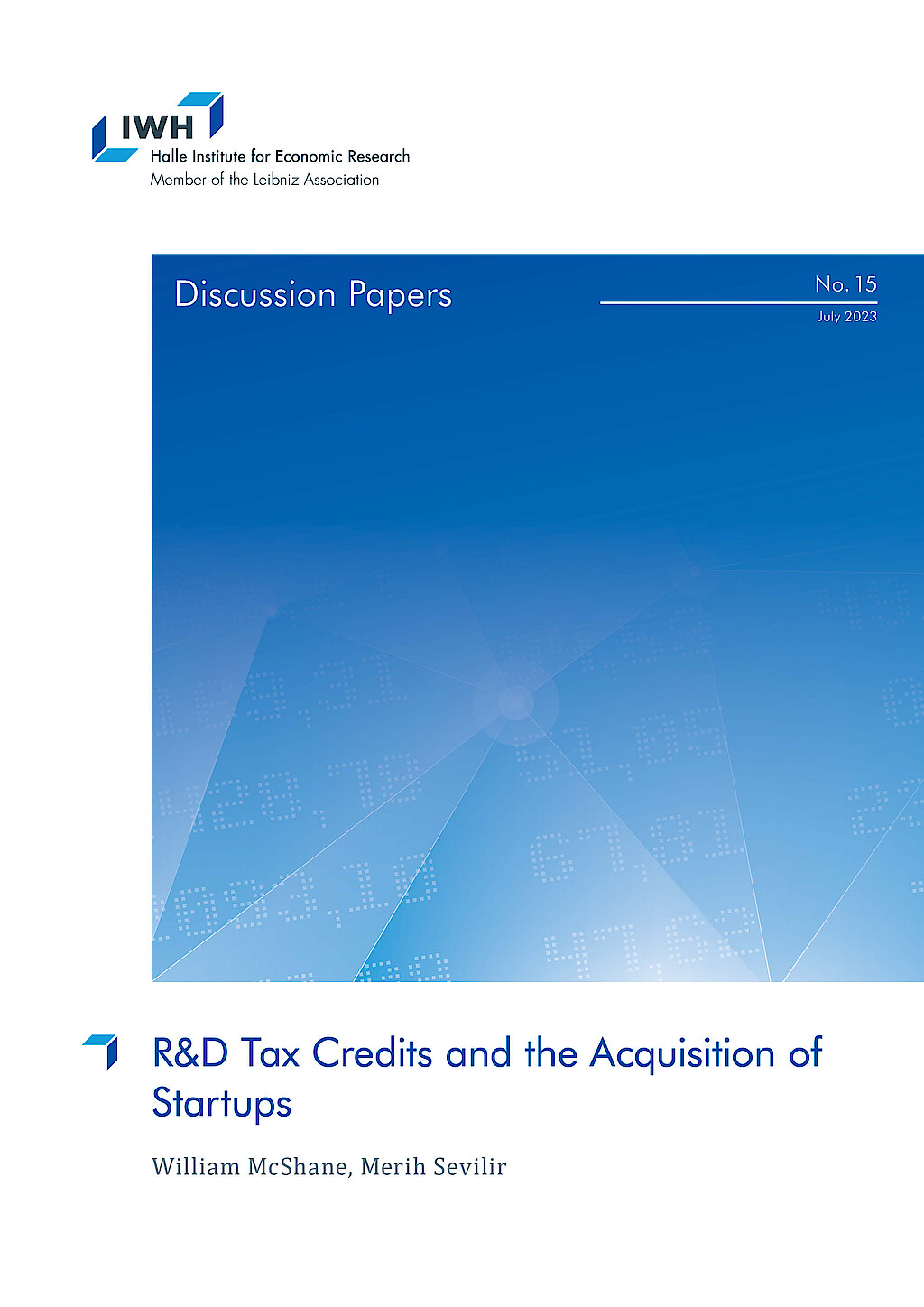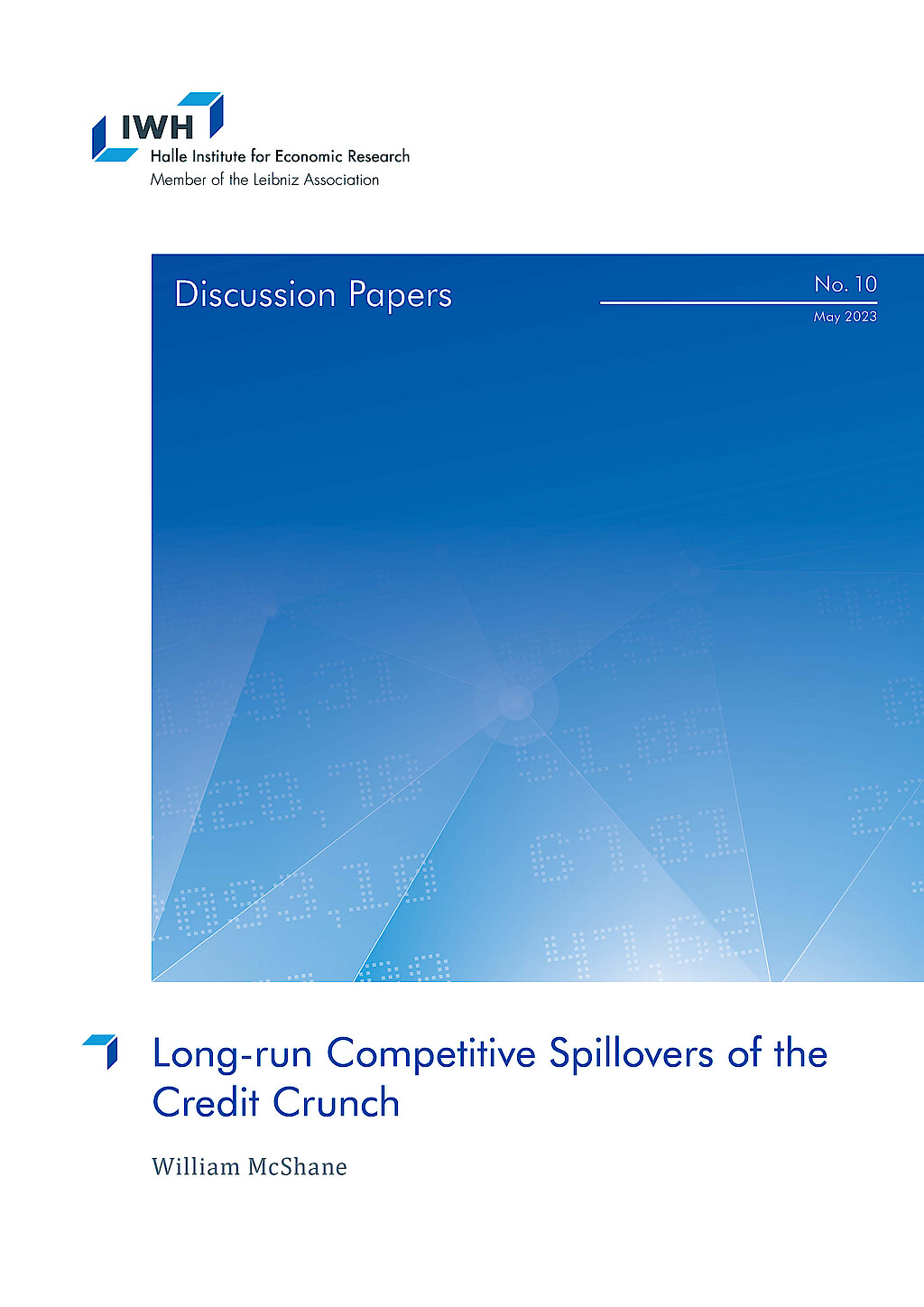Professor Dr William McShane

Current Position
since 8/23
Research Professor
Halle Institute for Economic Research (IWH) – Member of the Leibniz Association
since 8/23
Assistant Professor
The American University of Paris
Research Interests
- financial crises
- financial stability
- real effects of financial intermediation
William McShane joined the institute as a Research Professor in August 2023. His research focuses on financial stability and the effects of financial intermediation on the real economy.
William McShane holds the position of Assistant Professor at The American University of Paris. Prior to that, he was a doctoral student at IWH and research assistant to Reint E. Gropp, the president of IWH. He received his bachelor's degree in psychology from Beloit College in the United States and earned a master's degree in international economics and finance from Otto von Guericke University Magdeburg, where he also obtained his doctorate.






